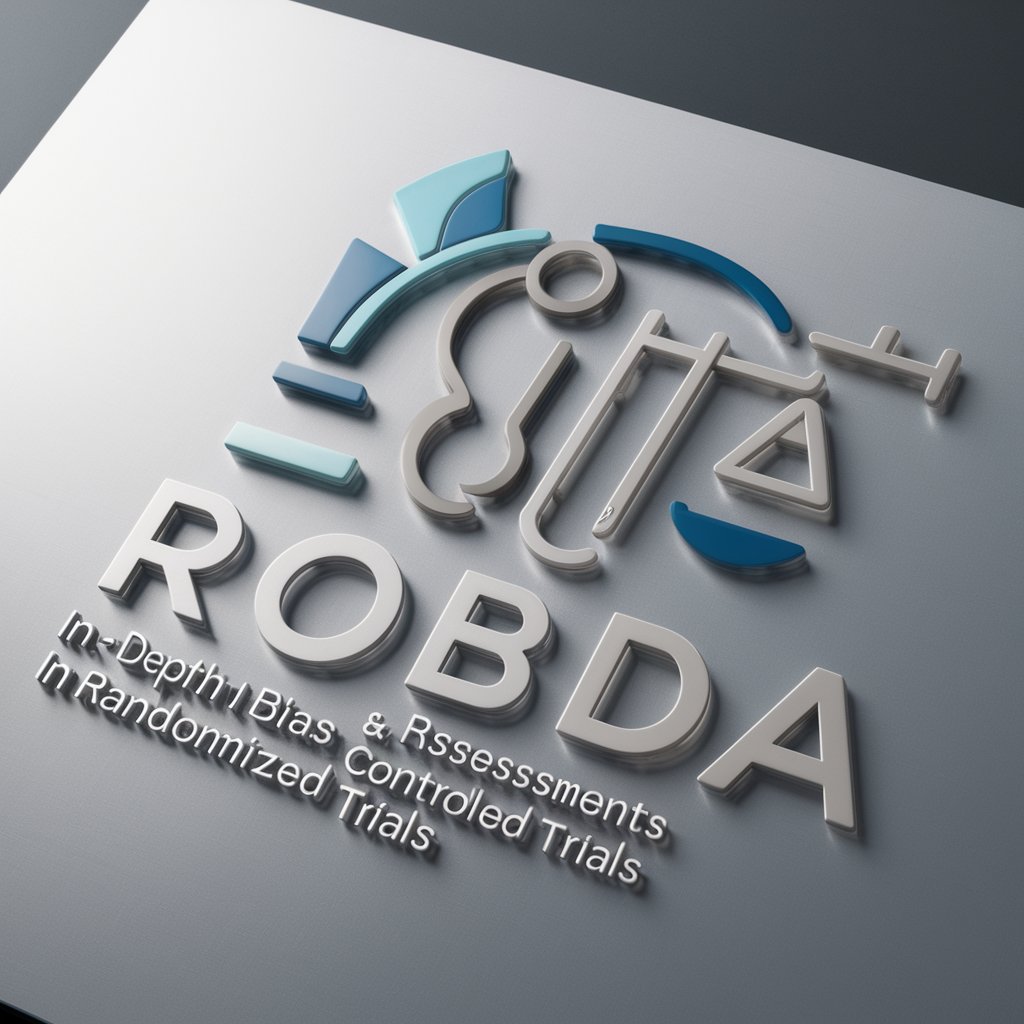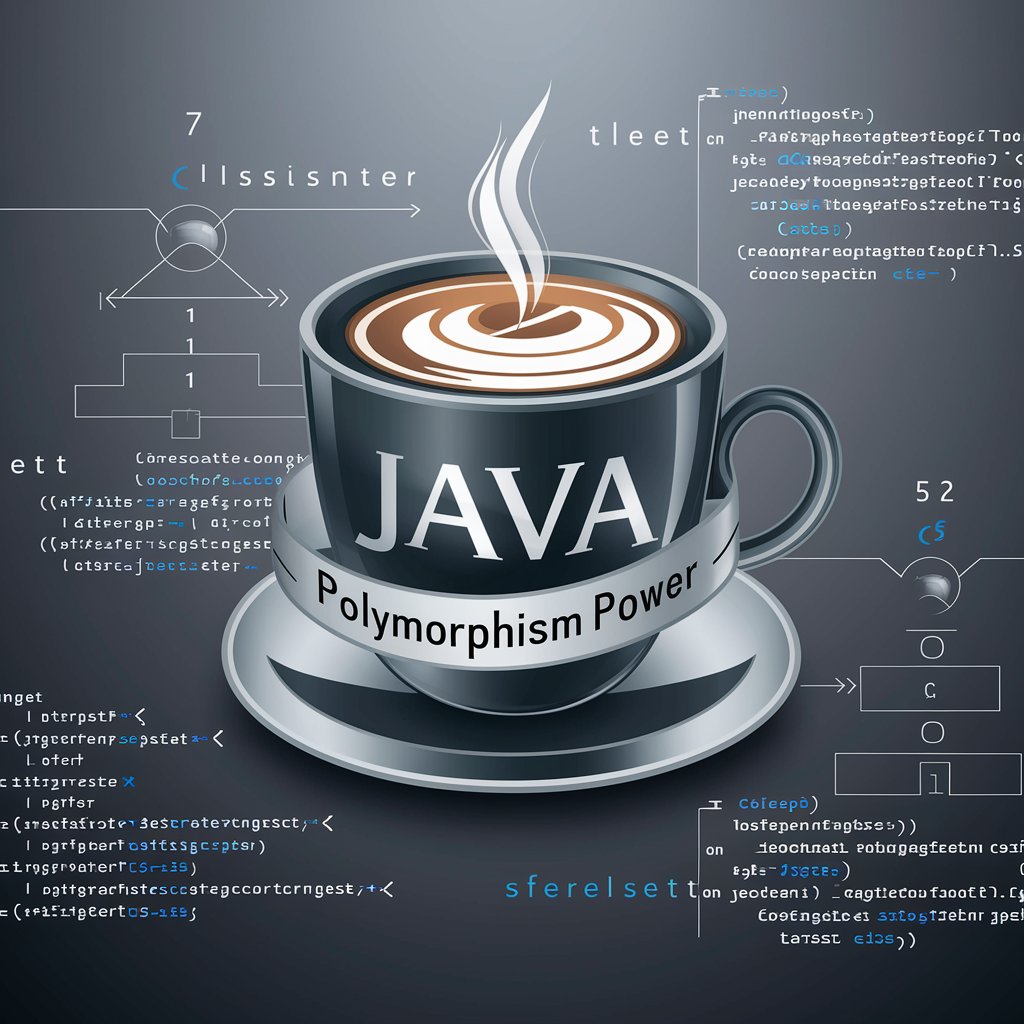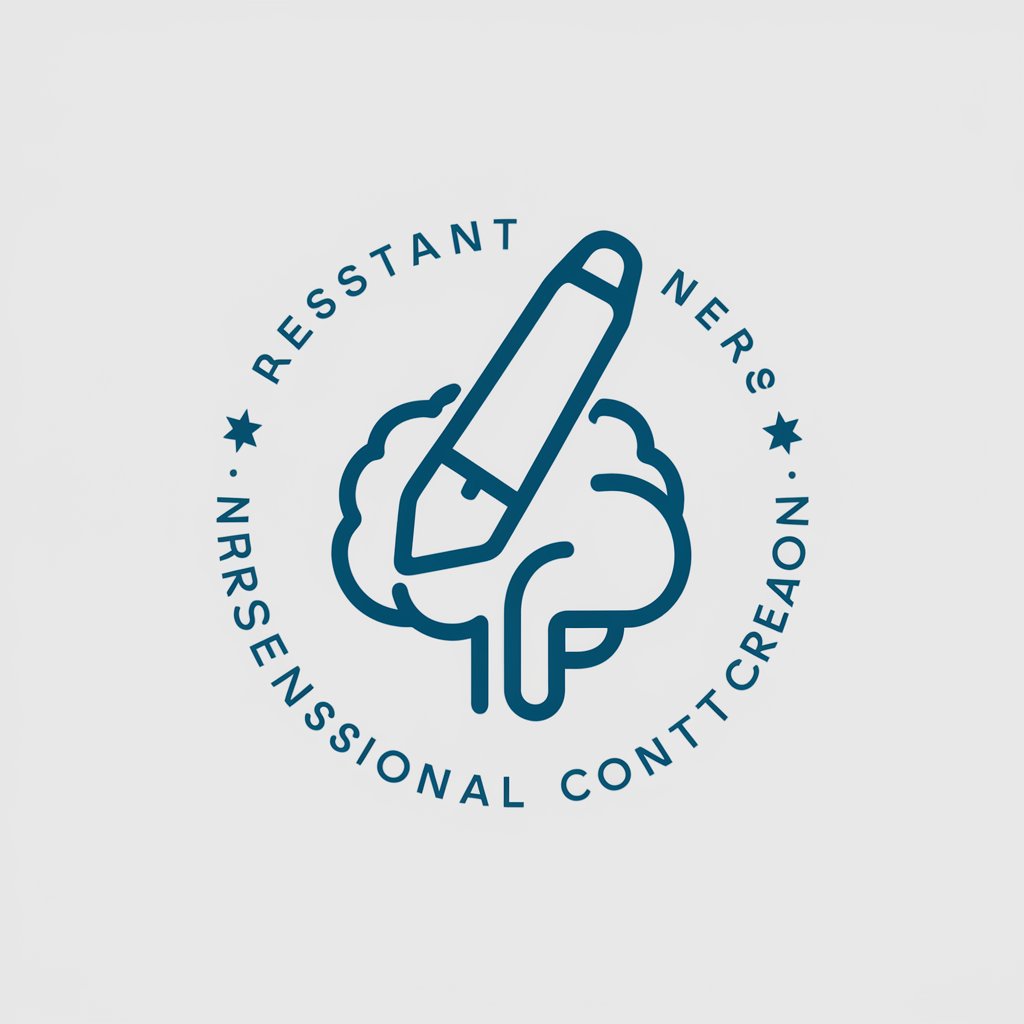RoBDA - non-RCT - Bias Assessment Tool

Welcome! Let's dive into bias assessment in RCTs.
AI-powered Bias Detection in Research
Analyze the potential confounding factors in this randomized controlled trial...
Assess the selection bias in the participant recruitment process for this study...
Evaluate the deviations from the intended interventions and their impact on the study outcome...
Examine the methods used to handle missing data in this clinical trial...
Get Embed Code
Introduction to RoBDA - non-RCT
RoBDA - non-RCT stands for 'Risk of Bias Assessment for non-Randomized Controlled Trials.' It is a specialized tool designed to systematically assess the risk of bias in studies that do not use randomized controlled trial (RCT) methodologies. This includes observational studies, cohort studies, case-control studies, and other quasi-experimental designs. The primary purpose of RoBDA - non-RCT is to enhance the quality of systematic reviews and meta-analyses by providing a structured and detailed framework for evaluating the potential biases within non-RCT studies. Through analyzing domains such as confounding, selection of participants, classification of interventions, deviations from intended interventions, missing data, measurement of outcomes, and selection of reported results, it offers a comprehensive overview of where biases may lie. For example, it helps in identifying how the lack of randomization may have influenced the study outcomes through confounding factors or selection bias, thereby enabling researchers to account for these biases in their analyses. Powered by ChatGPT-4o。

Main Functions of RoBDA - non-RCT
Bias due to confounding assessment
Example
Evaluating whether the study controlled for potential confounders that could affect the intervention's impact on the outcome.
Scenario
In an observational study examining the effect of diet on heart disease risk, RoBDA - non-RCT would assess if the analysis controlled for age, gender, and physical activity levels as confounders.
Assessment of selection bias
Example
Analyzing whether the selection of participants into the study was influenced by their future intervention status.
Scenario
For a cohort study on the effectiveness of a new diabetes medication, it examines if participants were selected based on criteria observed after the start of the intervention, potentially biasing the results.
Evaluation of intervention classification
Example
Determining if intervention groups were clearly defined and classified without influence from outcome knowledge.
Scenario
In a case-control study investigating a surgical procedure's outcomes, RoBDA - non-RCT checks if the classification of patients as having received the procedure was made without knowledge of their recovery status.
Ideal Users of RoBDA - non-RCT Services
Researchers and Academics
Individuals conducting systematic reviews or meta-analyses of non-RCT studies who require a rigorous assessment of study bias to ensure the validity and reliability of their findings.
Healthcare Policymakers
Policymakers who rely on evidence from a mix of study designs, including non-RCTs, to make informed decisions about public health guidelines and healthcare interventions.
Pharmaceutical Companies
Organizations in the process of drug development and market analysis that need to evaluate the existing literature on drug efficacy and safety, including observational studies.

Guidelines for Using RoBDA - non-RCT
Start Your Trial
Initiate your journey with RoBDA - non-RCT by exploring its capabilities on yeschat.ai, offering a free trial that requires no sign-in or subscription to ChatGPT Plus.
Familiarize with Domains
Understand the seven domains of bias assessment RoBDA - non-RCT covers, ranging from confounding to selection of reported results, to effectively analyze randomized controlled trials.
Prepare Your Data
Ensure your study data is organized and accessible, with clear definitions of interventions, participant selection criteria, and outcome measures for accurate bias analysis.
Analyze and Interpret
Utilize RoBDA - non-RCT's structured approach to assess potential biases within your study, generating comprehensive tables that can be exported for further analysis.
Refine and Report
Leverage the insights gained from the bias assessment to refine your study design or report findings, highlighting areas of strength and addressing potential biases.
Try other advanced and practical GPTs
GPT - Social Media Sales Funnel Manager
Empower Your Social Media with AI

Java Polymorphism Power: Overload & Override
Master Java with Polymorphism Power

Dream Catcher
Unlock the secrets of your dreams with AI.

C# Unity Game Performance Magic
Optimize Unity games with AI-powered insights.

Your Personal Style Persona
Craft Your Voice with AI-Powered Precision

Create a Description Public
Bringing Images to Life with AI

Study Buddy
Empowering your study journey with AI

Color Palette Pro
Crafting Colors with AI Precision

AI Jokes Making Factory
Craft Humor with AI Precision

WackyBot
Unleash Creativity with AI-Powered Chaos

📚 Dive into Haskell
Master Haskell with AI-Powered Guidance

Automated App Programming
AI-powered app development made simple.

Frequently Asked Questions about RoBDA - non-RCT
What is RoBDA - non-RCT designed for?
RoBDA - non-RCT is designed to conduct in-depth bias assessments in randomized controlled trials across several domains, including confounding, participant selection, and outcome measurement, aiding in the identification and mitigation of potential biases.
Can RoBDA - non-RCT be used for non-medical studies?
Yes, while RoBDA - non-RCT is tailored for randomized controlled trials, its comprehensive bias assessment framework can be adapted for bias evaluation in a wide range of research studies beyond the medical field.
How does RoBDA - non-RCT handle missing data?
RoBDA - non-RCT includes a specific domain to assess bias due to missing data, evaluating the availability of outcome data, exclusion due to missing information, and the robustness of results to missing data.
Can RoBDA - non-RCT assist in study design?
While primarily a tool for bias assessment in existing studies, RoBDA - non-RCT's detailed analysis can provide valuable insights for designing future studies with reduced bias potential.
How can I share RoBDA - non-RCT's findings?
RoBDA - non-RCT generates detailed tables summarizing bias assessments, which can be easily exported and shared for collaborative review or inclusion in research reports and publications.
